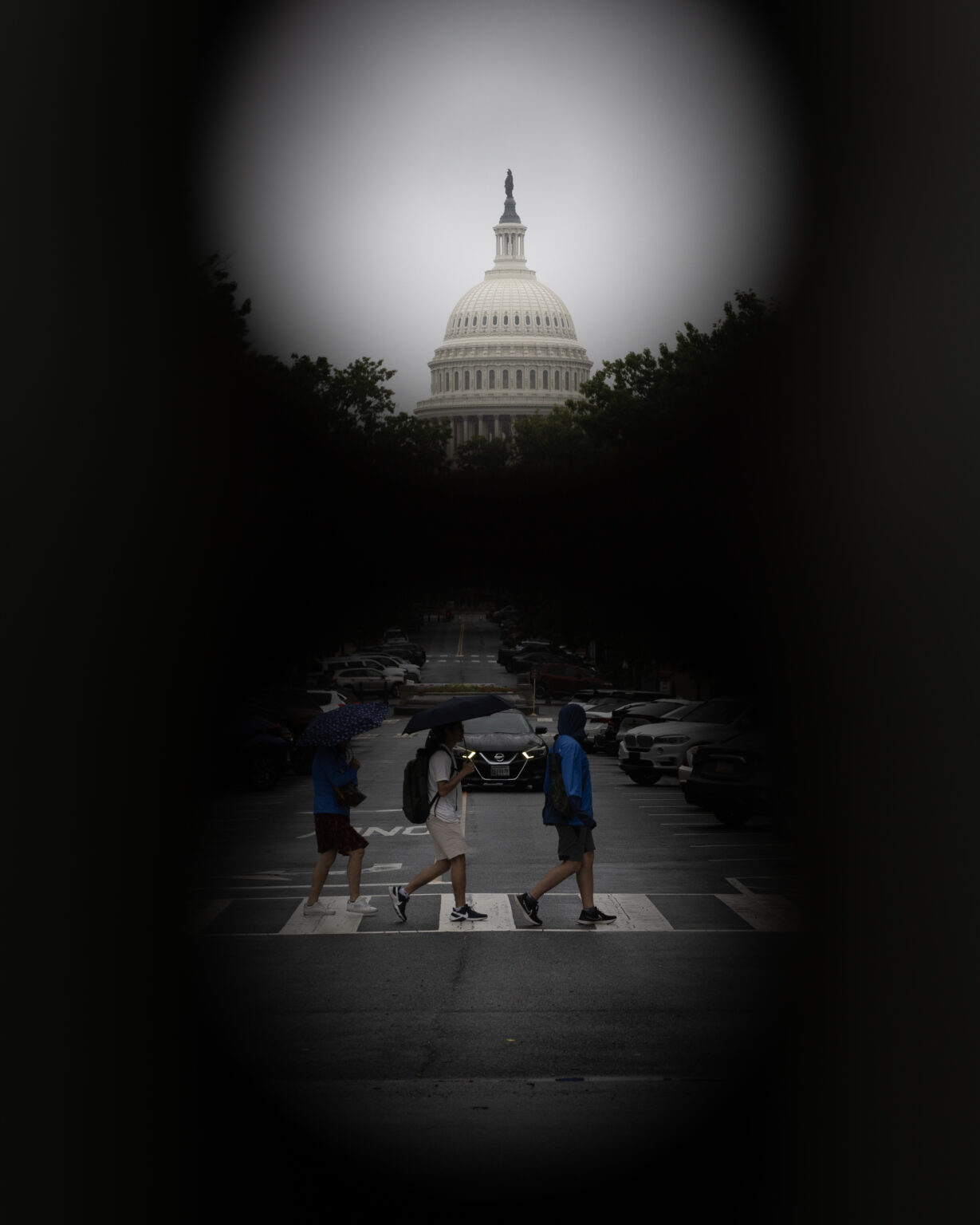Republican Push to Expand Tax-Free Wealth Transfers: A Shift in Estate Tax Policy
In a move that signals a significant easing of estate taxation, Congressional Republicans are advocating for legislation that would permanently increase the amount of wealth that can be transferred tax-free across generations. This proposal aligns with a broader trend of the federal government gradually reducing its reliance on taxing substantial inheritances, effectively making it easier for affluent families to pass on their assets without facing estate taxes.
Current Estate Tax Thresholds and Proposed Changes
At present, the federal estate tax applies only to estates exceeding $13.99 million for individuals and $27.98 million for married couples. These thresholds, which were doubled under President Donald Trump’s 2017 tax reforms, are set to decline by approximately 50% after 2025 unless legislative action is taken. The latest bills in Congress, however, aim to extend and increase these exemptions: both the House and Senate versions propose raising the exemption to $15 million for individuals and $30 million for couples starting next year, with future adjustments for inflation.
Impact on Federal Revenue and Wealth Inequality
Although these adjustments constitute a relatively small fraction of the overall revenue impact of Trump-era tax reforms, they are poised to further diminish the already narrow scope of the estate tax. Historically, the estate tax has affected a tiny segment of decedents. When it was first introduced in 1934, approximately 8,600 deaths-about 0.9% of all deaths-were subject to estate taxes. By 2019, this number had plummeted to roughly 2,100, representing just 0.08% of deaths, with projections indicating that the proposed exemption increases will reduce this figure even further.
The Declining Role of the Estate Tax in Wealth Redistribution
“The estate tax is barely hanging on,” remarks Steve Wamhoff, policy director at the Institute on Taxation and Economic Policy, a progressive think tank. “This legislation would almost eliminate it entirely.” The debate over the estate tax has long been contentious, with Republicans advocating for its complete abolition. Currently, only the value of estates exceeding the exemption threshold-set at $13.99 million for 2025-are taxed at rates up to 40%. Several states, including New York, California, and Oregon, impose their own estate or inheritance taxes with lower thresholds and varying rates, adding complexity to the landscape.
Arguments For and Against the Estate Tax
Proponents argue that the estate tax is a vital tool for curbing the concentration of wealth across generations, especially amid rising economic inequality. Critics, however, contend that it unfairly taxes assets that have already been taxed as income or consumption, effectively resulting in double taxation. Many economists suggest that alternative forms of taxation, such as consumption taxes, could achieve fairness more efficiently.
Political Dynamics and Legislative Outlook
The proposed increase in estate tax exemptions enjoys broad support among Republicans and is expected to pass without significant opposition in both chambers. Senate Majority Leader John Thune (R-South Dakota), a vocal advocate for repealing the estate tax, has emphasized that such measures are crucial for preventing family-owned businesses and farms from being forced to sell assets to cover tax liabilities.
Fiscal Implications and Economic Perspectives
The Congressional Budget Office estimates that these estate tax modifications will reduce federal revenue by approximately $210 billion over the next decade. Economists like Michael Strain of the American Enterprise Institute argue that the tax’s double-taxation nature creates distortions, citing examples where individuals might avoid taxes through risky or unconventional means, such as gambling or illicit activities, while others pass wealth to heirs through strategic planning.
Historical Context and the Erosion of Estate Tax Effectiveness
Over the past few decades, Republican-led efforts have significantly scaled back the estate tax. Before President George W. Bush’s 2001 tax cuts, roughly 2% of estates owed estate taxes-substantially higher than current figures. Wealthy families often employ trusts, valuation discounts, and life insurance policies to minimize or eliminate estate tax liabilities, further diminishing the tax’s redistributive potential.
The Broader Impact on Wealth Inequality
The weakening of estate tax enforcement correlates with ongoing increases in wealth disparity. Data from the Congressional Budget Office indicates that the average net worth of families in the top 10% has surged from around $3 million in 1989 to over $9 million in 2022. Meanwhile, the bottom 10% saw their wealth grow from approximately $27,000 to $74,000 during the same period. Experts like Wamhoff argue that the estate tax remains one of the few federal policies capable of slowing the accumulation of intergenerational wealth among the ultra-rich, and its erosion contributes to the widening wealth gap.
Conclusion: A Shift Toward Greater Wealth Concentration
As legislative efforts continue to favor higher exemption thresholds and reduced estate taxation, the federal government’s role in redistributing wealth across generations diminishes. This trend raises concerns about the long-term implications for economic equality and social mobility, highlighting a pivotal debate over the fairness and purpose of estate taxes in the modern economy.

